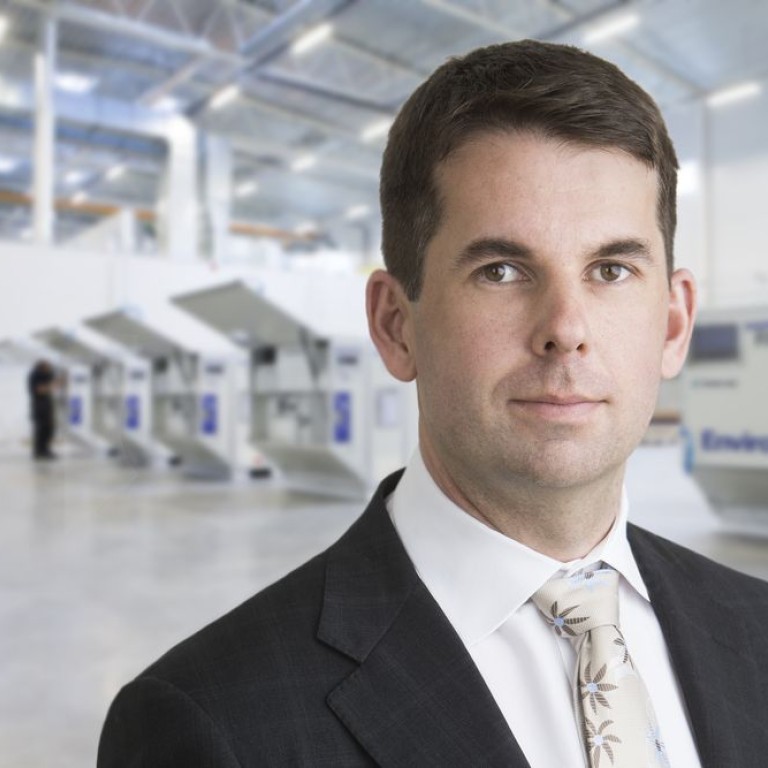
Envirotainer protects product integrity with temperature-controlled solutions
There is little room for mistakes when it comes to transporting high-value, temperature-sensitive pharmaceuticals and health care products. This is why industry leaders such as Roche, Novartis and Pfizer take no chances - and turn to Envirotainer and its active temperature-controlled solutions.
There is little room for mistakes when it comes to transporting high-value, temperature-sensitive pharmaceuticals and health care products. This is why industry leaders such as Roche, Novartis and Pfizer take no chances - and turn to Envirotainer and its active temperature-controlled solutions.
"When human health is on the line, the quality and integrity of any product cannot be compromised," says Envirotainer CEO Simon Angeldorff. "Beyond moving precious cargoes from point A to B, we protect them with proprietary technologies that ensure that they will work as they should, where they should."
Envirotainer combines in-depth knowledge of air cargo solutions, temperature control and thermodynamics. This is exemplified by the RAP e2 container, the company's latest addition to its growing fleet of more than 5,000 EASA- and FAA-approved containers. Featuring an insulated shell and a fully redundant electric heating and compressor cooling system, the RAP e2 maintains product temperatures between zero and 25 degrees Celsius regardless of ambient conditions. It is equipped with rechargeable batteries that last up to 100 hours in average shipment scenarios or up to 35 hours in extreme conditions.
Marking its 30th year, Envirotainer is taking its technologies further by investing in telemetry solutions that can pre-program door openings, measure temperatures inside and outside each container, and monitor locations in real time, among other features.
Recognising Asia-Pacific as a growing global pharmaceutical hub, Envirotainer is broadening its presence with a larger office in Singapore and dedicated sales teams across the region. It partners with regional leaders including Cathay Pacific and China Airways, and looks forward to working closely with more airlines and forwarders.
"Asia-Pacific - with its rising industries and health-conscious workforce - is the next growth frontier in cold chain management," Angeldorff says. "We are set to bring not only advanced, flexible solutions, but also a wealth of knowledge aimed to help improve the region's access to uncompromising quality of health care."
